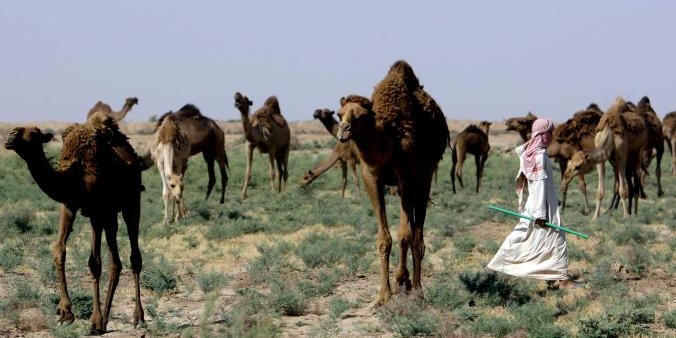While some governments deny links between environmental degradation and insecurity, this example from Iraq suggests that they should pay more attention.

Across rural Iraq and Syria, farmers, officials, and village elders tell similar stories of desperate farmhands swapping backhoes for assault rifles. Already battered by decades of shoddy environmental policies, which had hobbled agriculture and impoverished its dependents, these men were in no state to navigate the extra challenges of climate change. And so when ISIS came along, propelled in large part by sectarian grievances and religious fanaticism, many of the most environmentally damaged Sunni Arab villages quickly emerged as some of the deep-pocketed jihadists’ foremost recruiting grounds.





